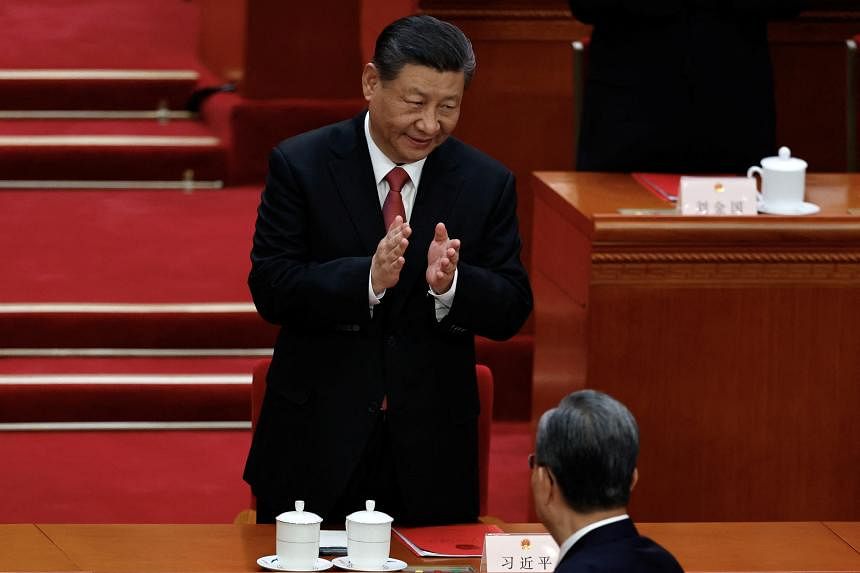For years, foreign companies were desperate to get into China, and faced formidable bureaucratic obstacles in their way. Now many are getting out. Over the past year, several foreign law firms have closed some or all of their Chinese offices. Orrick, Herrington & Sutcliffe, an American one, said on March 22 it would shut the Shanghai office it opened 20 years ago. Another, Akin Gump Strauss Hauer & Feld, plans to exit China altogether in 2024. Some global investment banks are pruning their Chinese staff. So are a few large accountancies and due-diligence groups. In 2023, foreign direct investment in China fell to its lowest level in 30 years.
One reason for foreigners’ change of heart is the sorry state of the Chinese economy. Of the 18 largest multinational companies that report their earnings from China, 13 saw annual revenues there fall in 2023. Qualcomm and Samsung, two technology giants, recorded sales drops of more than 20 per cent. Apple sold nearly a quarter fewer iPhones in the first six weeks of 2024 than it did in the same period the year before. In February, Tesla shifted 19 per cent fewer electric cars. Weak Chinese sales are the main reason why Kering, the French owner of Gucci, expected to flog a fifth less of its bling in Asia in the first quarter.
Already a subscriber? Log in
Read the full story and more at $9.90/month
Get exclusive reports and insights with more than 500 subscriber-only articles every month
ST One Digital
$9.90/month
No contract
ST app access on 1 mobile device
Unlock these benefits
All subscriber-only content on ST app and straitstimes.com
Easy access any time via ST app on 1 mobile device
E-paper with 2-week archive so you won't miss out on content that matters to you

